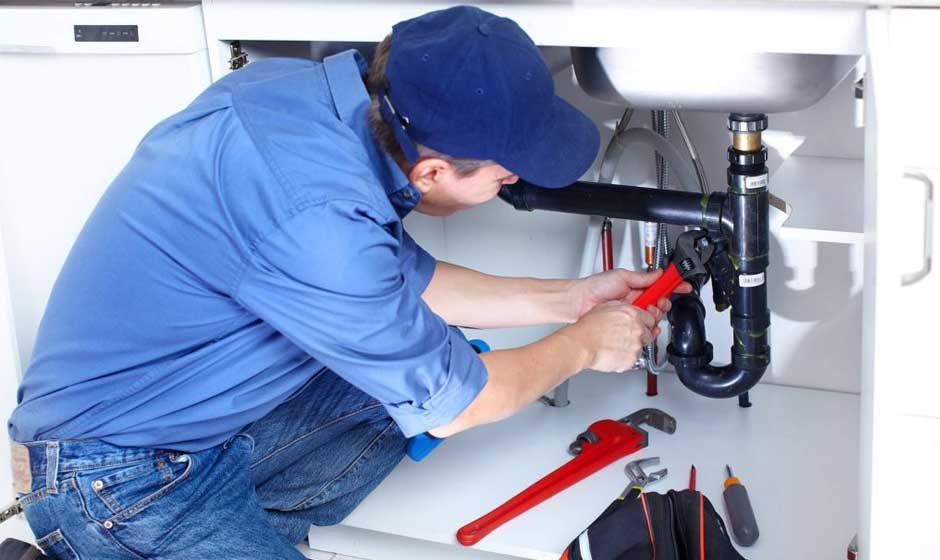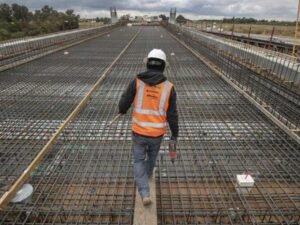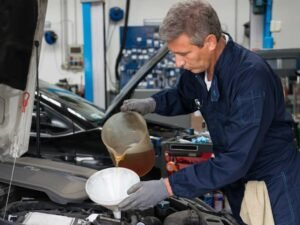Every day, our homes and workplaces depend on a well-functioning plumbing system. From washing dishes to taking showers, plumbing keeps our lives running smoothly. Yet, many people forget to give their pipes and fixtures the care they need. Skipping maintenance can lead to leaks, water damage, and costly repairs. Doing small checkups regularly can prevent these problems. It’s like giving your plumbing a health check to keep it strong and long-lasting.
Why Regular Plumbing Maintenance Is Crucial
The Impact of Neglecting Plumbing Systems
When plumbing gets ignored, small issues quickly grow into big problems. A tiny leak that’s left unnoticed can turn into a burst pipe. This can cause water to damage walls, floors, and furniture. Mold and bacteria may also start to grow in damp spots, posing health risks. Data shows that most major plumbing emergencies happen after problems are ignored for too long. Regular checks stop problems before they become disasters. The Rooter Company plumbing Brea helps you to resolve any issue related to plumbing.
Cost Savings Over Time
Think of maintenance as an investment. Small repairs like fixing a slow drip cost less than tearing out and replacing entire pipes. Routine inspections catch issues early, saving homeowners thousands on repairs later. For example, a homeowner who checks her pipes once a year spends about 50% less on emergency fixes. When you keep up with maintenance, you avoid expensive surprises that drain your wallet.
Protecting Property and Health
Proper plumbing keeps your home safe from water damage. Leak-free pipes help prevent mold growth, which can affect your health. Maintaining your water heater extends its life and ensures clean water always flows. Following best practices from plumbing authorities can help you avoid serious problems, such as contaminated water or structural weakening caused by leaks.
Key Components of a Regular Plumbing Maintenance Routine
Inspection and Leak Detection
Visually inspecting your pipes once in a while helps catch leaks early. Look for wet spots, discoloration, or strange sounds. Using tools like electronic leak detectors makes spotting hidden drips easier. Early detection prevents small issues from turning into big disasters.
Drain Cleaning and Blockage Prevention
Clogs can happen when debris builds up in pipes. Regular cleaning prevents this. You can use enzymatic cleaners or hire professionals for hydro-jetting. Staying alert for slow drains or gurgling sounds means you should get help before it gets worse.
Water Heater and Fixture Checks
Sediment buildup and corrosion can shorten water heater life. Flushing it once a year clears out minerals, keeping it efficient. Also, check the temperature settings to save energy and avoid scalding. Worn-out fixtures might leak or cause poor water flow—replace those to keep everything running smoothly.
Pipe Maintenance and Replacement
Older homes often have pipes made of materials that degrade faster over time. Monitoring their condition helps decide when to upgrade to newer, more durable options. Replacing aging pipes reduces the risk of leaks and burstages.
Testing Water Quality
Checking water regularly ensures it’s safe to drink. Sometimes, contaminants like heavy metals or bacteria slip into your water supply. A water test can tell you if you need filters or other treatment systems to keep your family safe.
Signs Your Plumbing Needs Immediate Attention
Common Symptoms of Plumbing Problems
Notice a sudden drop in water pressure? Or maybe your water looks discolored or has a bad smell? These are signs you should investigate. Recurring drain clogs or persistent leaks are red flags too. Ignoring these signs puts your home at risk.
When to Call a Professional Plumber
If you notice unexplained spikes in your water bills or visible pipe damage, it’s time for expert help. A professional diagnosis can spot problems you might miss. Getting help early avoids emergency repairs later.
Preventing Emergency Repairs
Checking your plumbing regularly and fixing small issues as they come up keeps emergencies at bay. For example, tighten loose fittings or clear minor clogs quickly. Small actions today can save your home from a flood tomorrow.
Benefits of Hiring Professional Plumbing Services
Expert Knowledge and Advanced Tools
An experienced plumber has the skills and tools to inspect, diagnose, and fix problems better than a DIY attempt. Professionals can also spot hidden issues that could cause trouble down the line.
Long-Term Cost Efficiency
Regular maintenance from experts reduces unexpected breakdowns. It also extends the life of your system, saving money and hassle. Routine checkups are an investment in your home’s value and safety.
Compliance with Safety Standards and Codes
Licensed plumbers follow local rules and safety codes. This ensures that any repairs or upgrades are legal and safe. It also helps protect your insurance coverage should problems occur later.
Practical Tips for Maintaining Your Plumbing System
- Schedule inspections at least once a year.
- Keep an eye on your water bills — sudden increases often mean leaks.
- Use strainers in sinks and showers to catch debris.
- Flush your water heater annually to remove sediment.
- Teach your family proper water use to avoid misuse or waste.
Conclusion
Maintaining your plumbing regularly is key for safety, saving money, and protecting your home. Small inspections and fixes prevent big emergencies later. Think of it like giving your pipes a checkup — it keeps everything flowing smoothly for years to come. Don’t wait for problems to happen; schedule your plumbing maintenance today and enjoy peace of mind tomorrow.










